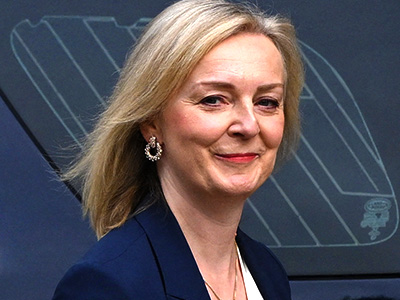How was Lucy Letby able to operate as a serial killer in an NHS hospital? Now that the verdicts in her trial are in – guilty on seven counts of murder and seven counts of attempted murder, not guilty on two attempted murder charges and the jury unable to reach verdicts on six further charges – the government has launched an independent inquiry into the circumstances behind the murders at Countess of Chester hospital.
There are a number of questions that families want answered – some through a full public inquiry – including how Letby was able to kill or harm so many babies while enjoying the trust and faith of her colleagues on the neonatal ward. Staff reported being ‘fobbed off’ when they raised concerns. She was removed from ward duty and placed on desk duties in 2016, after suspicions grew about her involvement in the rise in deaths on the unit – and the fact she always seemed to be present whenever a baby died or collapsed. But management reportedly pushed for her to be reinstated.
It is almost certain that there will be a full public inquiry into the woman who today has been confirmed as Britain’s most prolific killer of babies. Health Secretary Steve Barclay said today that a non-statutory inquiry would allow lessons to be learned the quickest way possible, but public inquiries have more powers and further reach in their conclusions.
There have been many inquiries in recent years into the safety of the NHS, particularly in maternity settings. All of those inquiries have concluded that a lack of safe staffing, mixed with a toxic ideology, contributed to unsafe cultures and environments for mothers and their babies. This inquiry has a very different question to answer and involves just one individual who is now a convicted criminal. But as with previous healthcare killers like Harold Shipman, it could lead to big changes in the way NHS staff are vetted and scrutinised.
For other health workers, it has damaged the bond of trust they have with their ward colleagues in high pressure situations – and the trust that parents put in the people they leave their tiny, desperately vulnerable babies with.
Got something to add? Join the discussion and comment below.
Get 10 issues for just $10
Subscribe to The Spectator Australia today for the next 10 magazine issues, plus full online access, for just $10.




















Comments
Don't miss out
Join the conversation with other Spectator Australia readers. Subscribe to leave a comment.
SUBSCRIBEAlready a subscriber? Log in